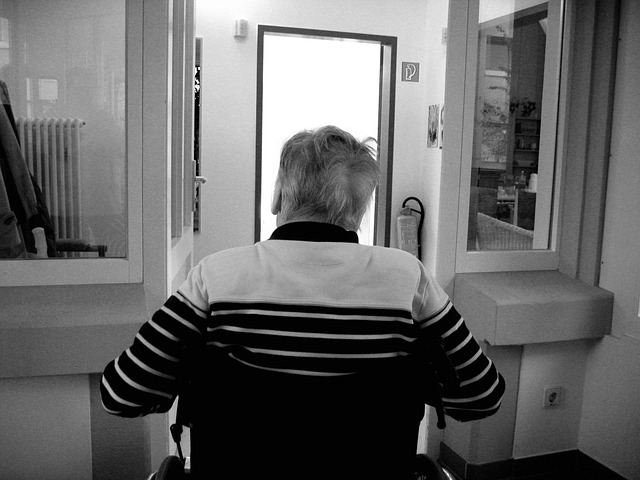Home care is vital for many individuals facing health challenges but wishing to remain independent. It’s a personalized option that allows people to stay in the comfort of their own homes while receiving the support they need.
Who Benefits From Home Care?
Many people can find value in-home care services. This includes:
- Elderly individuals who need assistance to live independently
- Patients with long-term health conditions
- People with special needs or disabilities
- Seniors without serious medical concerns may not require home care
When is Home Care Most Needed?
There are specific situations where home care becomes not just beneficial but essential. For example:
Post-Hospitalization Recovery
Those recently discharged from a nursing facility, hospital, or rehabilitation center often require extra support when transitioning back to home life.
Medical Monitoring
Individuals who have undergone recent medication changes may need monitoring to ensure their health remains stable.
Health Decline
When someone’s health deteriorates to the point where traveling to and from the doctor’s office becomes unsafe, home care can provide a much-needed safety net.
Physical Therapy Needs
Loss of function can be distressing and limiting. Home care services may include physical therapy to help improve mobility and independence.
Types of Home Care Services
Home care encompasses a variety of services tailored to the individual’s needs, including but not limited to:
- Personal care, such as bathing and dressing
- Help with household chores
- Meal preparation
- Medication management
- Nursing services for medical needs
- Physical, occupational, and speech therapy
How to Choose a Home Care Provider
Choosing the right home care provider is crucial. Here are some factors to consider:
- Services Offered: Ensure they provide the services that you or your loved one needs.
- Reputation: Look for providers with positive testimonials and good standing in the community.
- Staff Qualifications: Check that caregivers are qualified and trained.
- Personal Compatibility: The relationship between the caregiver and the recipient is important.
- Cost: Understand the costs and what is covered by insurance or Medicare.
The Role of Technology in Home Care
Advances in technology have enhanced the capabilities of home care services. Telehealth options now allow for remote monitoring and consultation, helping to reduce the need for travel and making care more accessible.
Remote Monitoring Systems
These systems can track vital signs and alert caregivers to any concerning changes.
Electronic Medication Dispensers
These devices ensure that medication is taken correctly and on time.
Communication Platforms
Video calls and messaging services help keep patients in contact with their healthcare providers.
How Home Care Improves Quality of Life
The goal of home care is not just to maintain health but also to improve the quality of life. Here are some ways it can make a difference:
- Provides comfort by allowing individuals to stay in their familiar environment
- Offers personalized care tailored to the individual’s specific needs
- Reduces the risk of infections that can occur in hospital settings
- Encourages independence and supports the dignity of the individual
- Can be cost-effective compared to long-term hospital or nursing facility stays
A Real-Life Example
Let’s imagine an elderly couple living in coastal South Carolina. They’ve managed well enough, but lately, once-simple tasks have become challenging. The husband recently had a fall, and his wife is finding it difficult to keep up with the necessary household tasks due to her health issues. They love their home and do not wish to move to an assisted living facility. This is where home care Myrtle Beach services can step in, providing them with the support they need to continue living safely and happily in their home.
Conclusion: Looking Forward
As our population ages, the demand for quality home care will likely increase. It presents a compassionate solution that respects individual preferences while ensuring safety and promoting well-being. Whether assisting with day-to-day tasks or providing specialized medical care, home care services are adaptable to meet a wide range of needs, allowing individuals to age gracefully in place.
Home care bridges the gap between independent living and the necessity for medical attention, making it an invaluable option for many. With careful selection and use of available resources, individuals and families can create a supportive home environment that fosters health, happiness, and autonomy.


